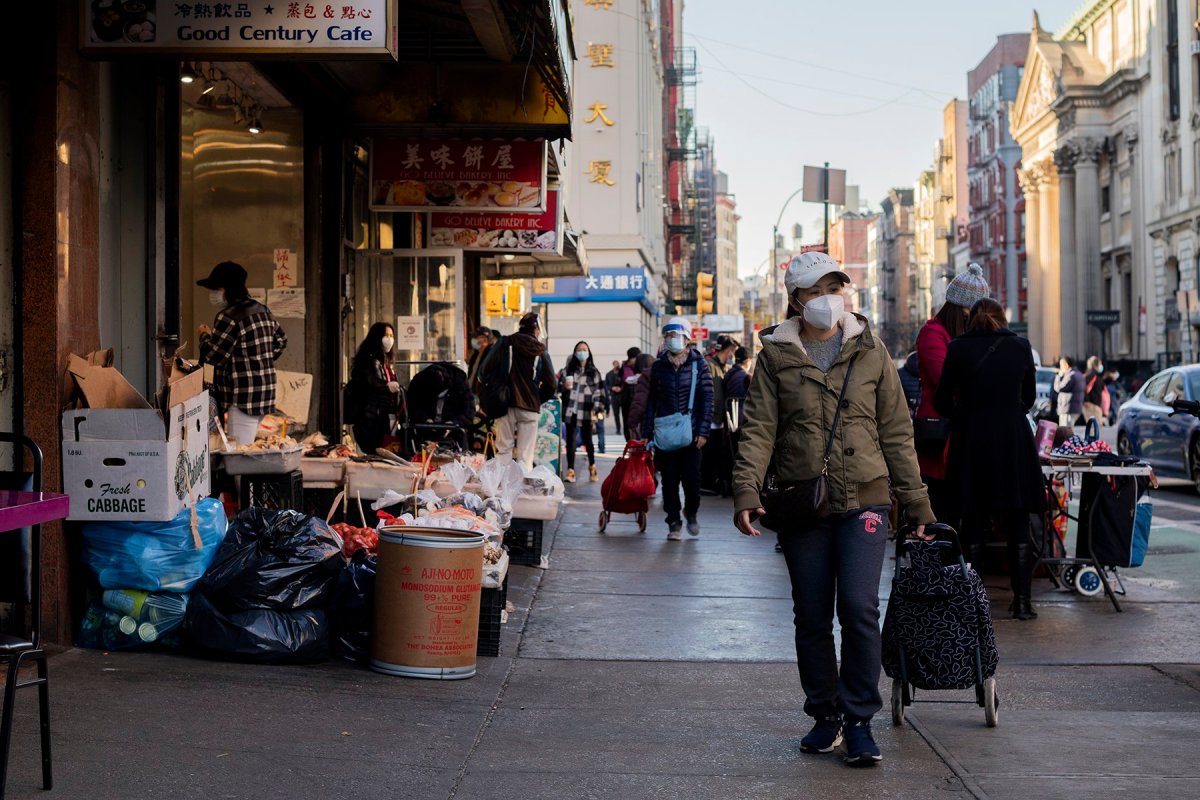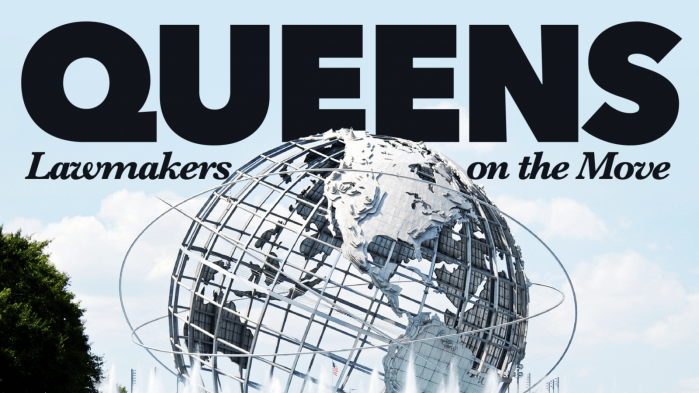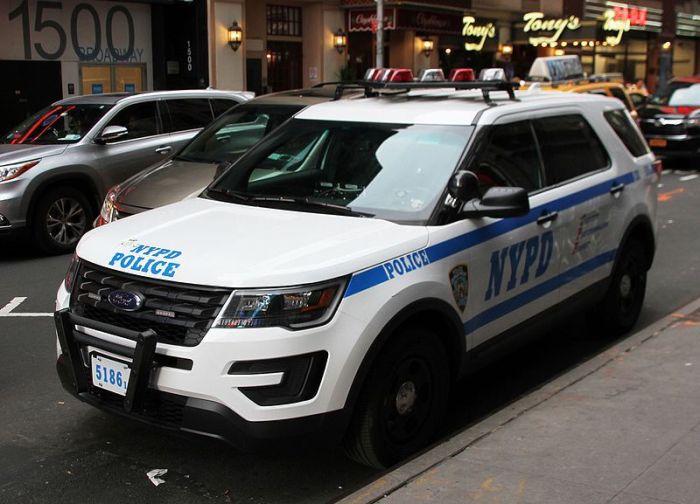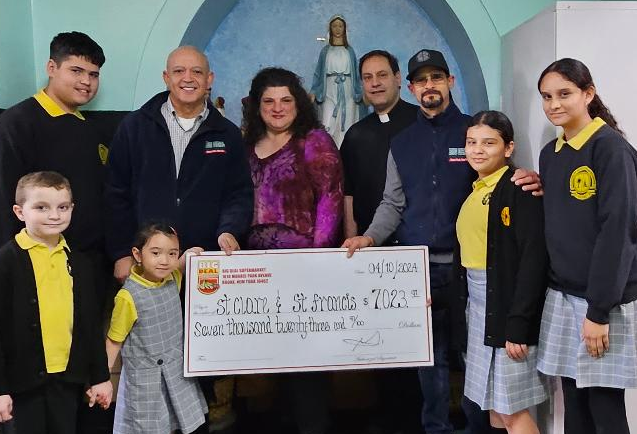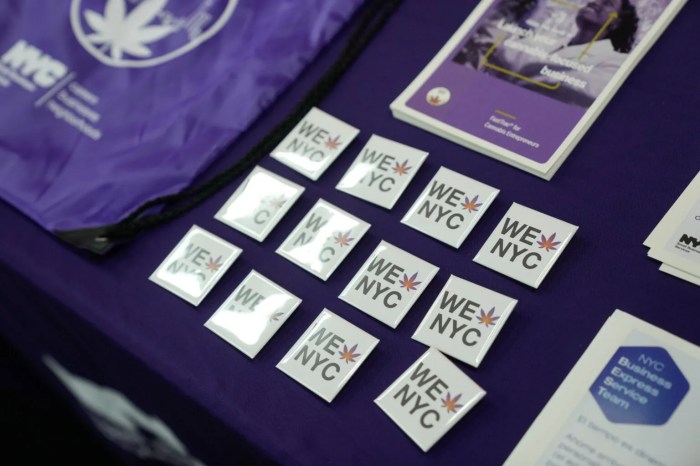Although the virus has devastated us all, it has had a particularly profound effect on Chinese Americans – a trend that is likely to continue as we enter the second wave.
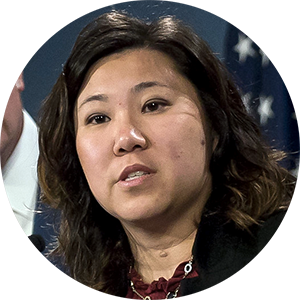
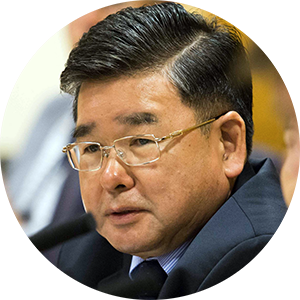
New York City’s leading Chinese elected officials, including U.S. Rep. Grace Meng (D-Queens) and Councilmember Peter Koo (D-Queens), met with the city’s most prominent Chinese doctors and community leaders on Wednesday morning to discuss the State of Chinese Health 2021 report published by healthcare advocacy group SOMOS.
The city’s fastest-growing community is in need of improved health care and health equity amidst the second wave of a pandemic that has disproportionately affected Chinese Americans. Now, leaders are not only working to ensure equal access to vaccines, but also making efforts to address the mental health issues that have arisen over the past several months of sickness, death, unemployment, and isolation.
Grace Meng, the first and only Asian American Member of Congress from New York State, discussed the highlights from the State of Chinese Health 2021 report. “With respect to COVID-19,” Meng said, “the report illustrates the impact that the virus has had on Asian Americans, specifically the higher rates of hospitalization and deaths compared to Caucasians. The Coronavirus impact has happened because of already existing barriers and inequities.”
Like the Black and Latino communities, Asian Americans have been severely impacted, not only by inadequate access to care, language barriers, financial obstacles, and a lack of health insurance, but also by the racism and hate that befell the community before the pandemic was even declared.
Meng notes that over 3,000 cases of verbal and physical harassment have been reported nationwide, which has taken a huge toll on Chinese Americans.
“The use of derogatory terms by our leaders, from the White House to our Republican leader Kevin McCarthy–using terms like Chinese virus, Wuhan virus, kung flu–threatens the safety of our community,” said Meng. “So many people continue to live in fear following the dramatic increase in these threats against Asian Americans.”
To counteract this harassment, Meng introduced a resolution to denounce anti-Asian sentiments, which was passed by Congress in September.
The panel was also joined by several SOMOS physicians who have been focused on the city’s Chinese American community. In addition to providing meals and medicine to Chinese American families who lost their jobs during the pandemic, SOMOS has set up more than 100 testing sites in the community.
One unique aspect of the patient-centered SOMOS model is that doctors screen new patients for mental illnesses, which often go overlooked in Asian-American individuals. Dr. Henry Chen, President of SOMOS, highlighted how Asians are indisposed to discuss illness and suffering.
“64 percent of patients tell you that they are okay, but in fact they’re not,” said Chen. “80 percent of them have one or more medical conditions. Most Asians don’t want to say it, because it’s become a social stigma. They might not meet the criteria for depression, but they more or less have some issues with their mental health.”
Others participating in the panel maintained that depression among the Asian American community has heightened measurably over the past year. For example, Hamilton Medicine House, the only pan-Asian mental health clinic in New York City, has seen a 20 percent uptick in requests for their services since the pandemic began.
Amid the discussion of how race and money play into today’s health inequities, Dr. Chen interjected with just one request–government aid. “The leadership is so strong,” Chen says. “SOMOS is so important. We would like to have the government support SOMOS and fund SOMOS for our continued effort to serve the community. There’s a barrier for Chinese Americans, so if we have more resources and education materials, we can help promote health awareness and take preventative measures now.”


